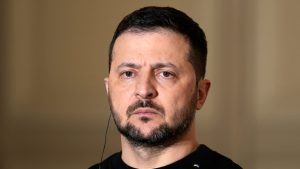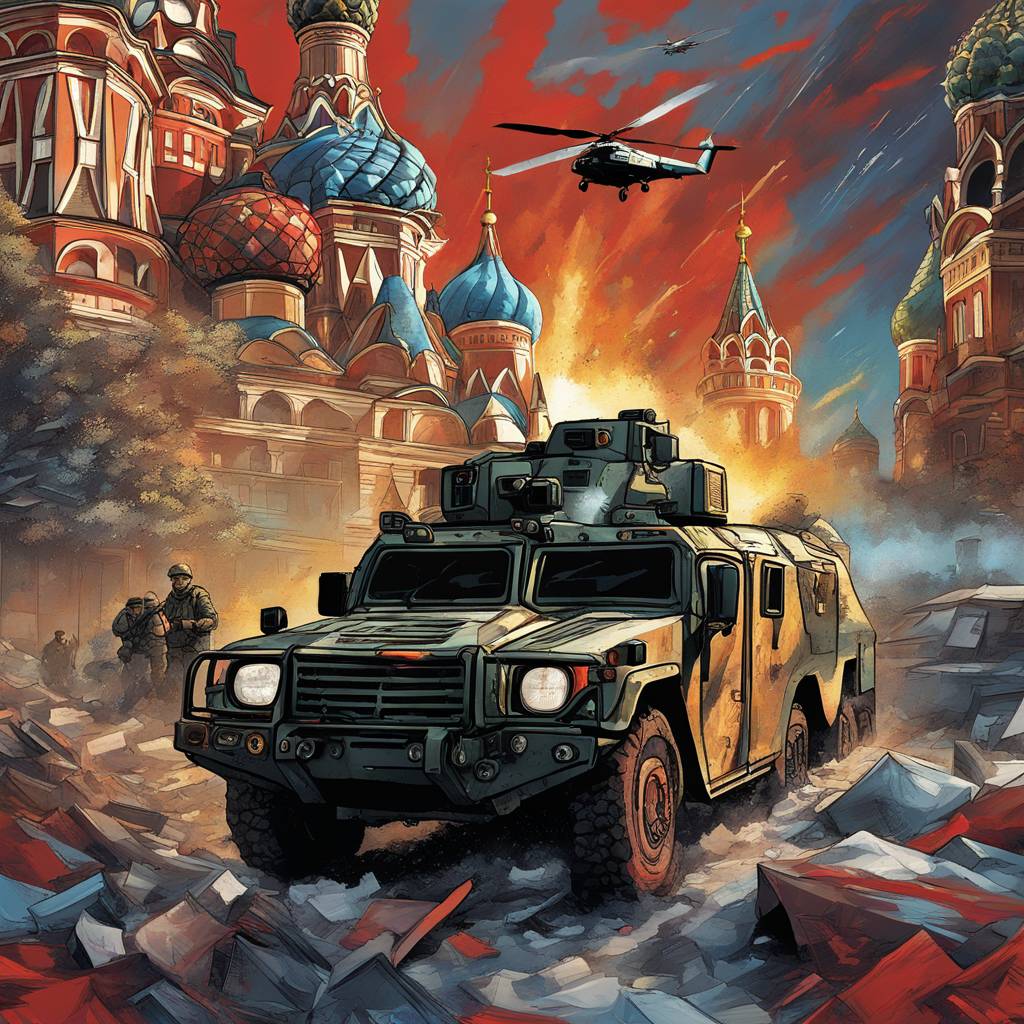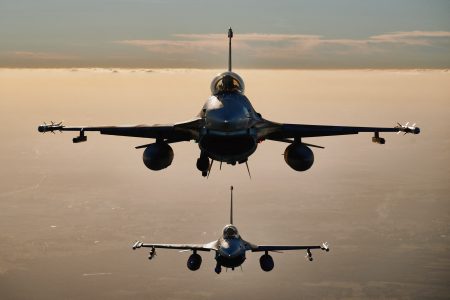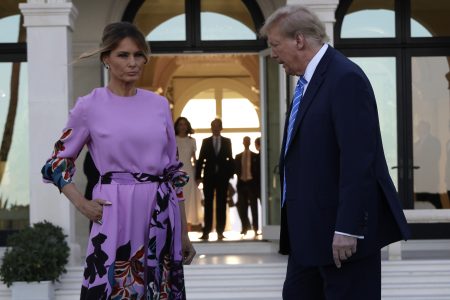The U.S. embassy in Moscow issued a rare public alert about a potential extremist attack at a Russian concert venue, citing credible intelligence that the plot involved an offshoot of ISIS known as ISIS-K. Despite this warning, Russian President Vladimir Putin dismissed the threat as “outright blackmail” and “intimidation.” Days later, gunmen stormed Crocus City Hall outside Moscow, killing at least 143 people in the deadliest attack in Russia in nearly two decades. ISIS claimed responsibility for the attack, which highlighted a security lapse despite warnings from both American and Russian intelligence agencies.
Internal Russian intelligence reports had also acknowledged the threat posed by ISIS-K, specifically warning of ethnic Tajiks radicalized by the group. Russian authorities identified the suspected attackers as being from Tajikistan. In the aftermath of the attack, Mr. Putin and his officials blamed Ukraine, deflecting attention from the question of how Russia’s security apparatus failed to prevent such a significant terrorist incident, considering the warnings they had received.
U.S. and European security officials and experts pointed to a combination of factors contributing to the security failure, including deep distrust within the Russian security establishment and strained relations with global intelligence agencies. The focus on political crackdowns at home and clashes with Ukraine may have distracted Russian authorities from effectively addressing the threat posed by extremist groups like ISIS-K. Trust, coordination, and intelligence sharing are crucial to preventing terrorist attacks, experts said, factors that were lacking in Russia’s security response.
The expanding definition of extremism in Russia under Mr. Putin’s administration diverted resources and attention from counterterrorism efforts. The Second Service, responsible for combating terrorism in Russia, underwent a shift in focus from Islamist extremist groups to targeting political dissenters, activists, and opposition figures. This shift in priorities impacted the effectiveness of counterterrorism efforts, with some European officials noting that Russian authorities were pursuing fictitious threats rather than real ones.
Despite initial responses to warnings about a potential terrorist plot, heightened security measures did not prevent the attack at Crocus City Hall. Initial reactions from Russian intelligence involved a raid targeting Kazakhs to disrupt an ISIS-K plot, but subsequent skepticism and relaxations in security led to a breakdown in preventing the massacre. The adversarial relationship between Washington and Moscow also hindered intelligence sharing, as U.S. officials were cautious about revealing sources or methods. The attack underscored the challenges in preventing international terror plots and the importance of trust and coordination among intelligence agencies.














